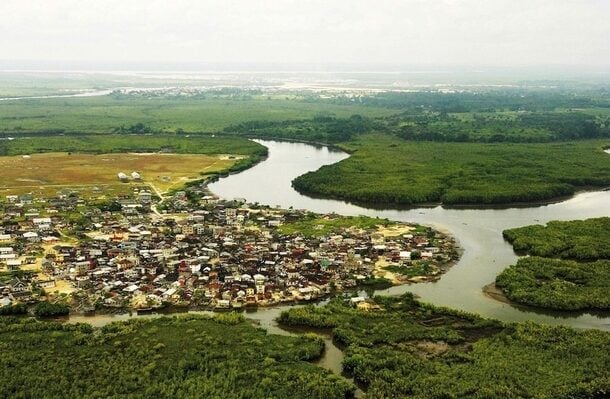As oil multinationals divest their assets in the Niger Delta region, a civil society organisation, Kabetkache Women Development Resource Centre, has embarked on capacity building for local communities that are impacted by oil pollution on how to treat their soil, while waiting for proper remediation.
The two-day training, which took place in Port Harcourt, the capital of Rivers State, attracted participants from Bayelsa, Akwa Ibom, and Rivers states.
Speaking with journalists shortly after a practical session at a remediation site at Baraliagbo, Norkpo community, Tai local government area, executive director, Kabetkache Women Development Resource Centre, Dr. Emem Okon, emphasised women’s role in remediation, noting that they are mostly impacted by pollution.
“We were on a training, learning what remediation is and how to carry it out. And also, finding out, is there something the community can engage in, is it something women can engage in? And why are we doing this? We have been campaigning and advocating for environmental remediation in the Niger Delta.
“We have campaigned against the pollution, we have campaigned for ecosystem restoration and we also know that women have critical roles to play in protecting the environment and also to promote environmental sustainability.
“So this is part of the process of enhancing what we have been doing, gaining capacity, gaining knowledge, acquiring skills on how to contribute to ecosystem restoration. So that is why we have to take this step to learning more, and what can we do as civil society organisations, what can we do as communities. So we have gone through this with NOSDRA yesterday, having the classroom discussions, and today being in the field to observe how it’s being done,” she said.
Okon mentioned that the program is the beginning of a series of trainings for communities. “This two days is not enough but it’s just the beginning of a process. So more actions will come because you cannot say within 48 hours you have learn all there is about remediation. This is just an introductory aspect. So expect more actions, expect more activities and demonstrations within the communities,” she stated.





